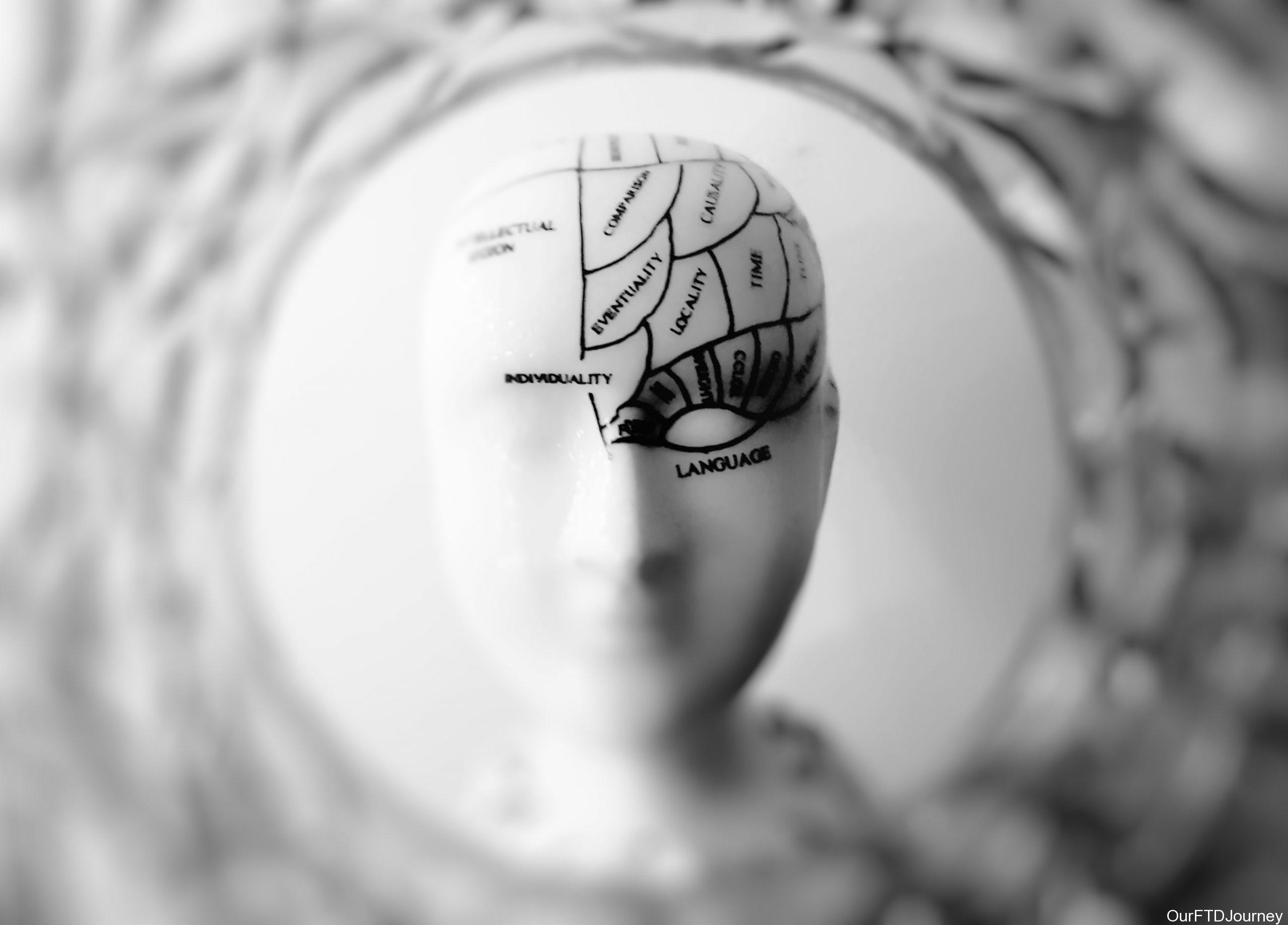Dementia: What Is It?
This post may contain affiliate links from Amazon.com, TheWrightStuff.com, flexoffers.com, and CaregiverProducts.com, which means I may recieve commissions if you choose to purchase through links I provide (at no extra cost to you). If you use any of my links, I greatly appreciate it!
I thought I would use this post to share a little information about dementia. I hope you find this helpful!
*DISCLAIMER* I AM NOT, NOR HAVE I EVER BEEN A MEDICAL PROFESSIONAL. IF YOU HAVE ANY MEDICAL RELATED QUESTIONS, PLEASE CONSULT WITH A DOCTOR!
What Is Dementia?
Dementia: an umbrella term for a cluster of diseases that eventually cause memory loss.
It’s a very common misbelief that everyone with Dementia has Alzheimer’s. But, the truth is everyone with Alzheimer’s has Dementia. But not everyone with Dementia has Alzheimer’s. Alzheimer’s is just more common.
That’s because there are several things that can cause dementia. Much like cancer, there are several causes and different areas of the body that can be affected. Well, the same goes for dementia and the brain.
What Age Groups Are Affected by Frontotemporal Dementia?
Frontotemporal Dementia typically affects people between the ages of 40 to 60.
A diagnosis of dementia under the age of 65, falls under the term of Early Onset.
However, in more rarer cases, you can be younger. It’s also rare for anyone over 65 to get it, but it does happen.
What Causes Dementia?
There hasn’t been one exact pin-pointed cause.
That’s because causation depends on a lot of different things. But here are some things I’ve learned from seminars and reading:
Lack of blood flow to the brain (blood clots, strokes, hardening of the arteries – due to deposits of plague, blocking the passage of blood flow to the brain).
Excessive Alcohol/Drug Use.
Poor diet.
Lack of exercise.
Obesity (especially, if you’re obese in your mid-aged years).
Genetics. BUT…just because you may have a genetic component, doesn’t mean those genes have to express themselves. There are people with no family history who develop it, too.
Depression and Bipolar.
Some say lack of education. I have found extremely intelligent people develop it, too. Dementia does not discriminate.
Traumatic Brain Injury.
Strokes.
Untreated/uncontrolled high blood pressure.
Diabetes.
High Cholesterol.
Thyroid conditions can contribute.
Even some studies suggest, lack of sleep.
Is Dementia Fatal?
Yes. All dementia’s are fatal. Some just happen to live with it longer than others.
What is the life expectancy of someone with Frontotemporal Dementia?
Ya know, it all depends on the person. No two people handle dementia the same. Some say, 2 to 10 years. But, those numbers are also based on having already been diagnosed.
By time someone has been diagnosed they could have actually had dementia 10 to 20 years, before the symptoms appeared.
Also, how fast is the disease progressing? I’m not sure there are real concrete answers on life expectancy. Everyone is different.
Can Frontotemporal Dementia Be Misdiagnosed?
Yes. It is often Misdiagnosed as a psychiatric disorder, such as schizophrenia, depression and bipolar. It can often take years for a proper diagnosis.
Can Frontotemporal Dementia Be Cured?
Sorry. At this time there is no cure. And unfortunately, there isn’t a ton of research for this particular form of dementia, yet. Let’s change that!
Can Frontotemporal Dementia Be Inherited?
Yes, it can. But, it’s not very common. You would likely need a strong familial history to inherit it.
The Penn FTD Center can be more helpful with this answer.
How is Frontotemporal Dementia Diagnosed?
It can be diagnosed through psychological or cognition tests. One being the infamous clock test. Another is having you or your loved ones count money.
Another is a blood test to make sure there aren’t other diseases happening that may be mimicking dementia.
Another maybe be a spinal lumbar test.
If/when all other testing is done, they will likely use a pet scan or MRI. My own mother’s final diagnosis was through a Pet Scan that showed frontal and temporal lobe atrophy.
Do all Dementia patients have plague in the brain?
My short answer to that is, no. That’s another reason why it can be a challenge to diagnose the disease.
Is There Anything I can do to Prevent Dementia?
Eat well.
Sleep at least 6 to 8 hours a day.
Exercise.
Take care of any and all physical health isssues.
Take care of any and all mental health issues.
Exercise or walk 30 minutes a day.
Protect your head during sports (in particular contact sports), wear a helmet when riding a bike or motorcycle.
If you’re diabetic, check your sugar and take your insulin regularly.
Lose weight.
Over all, do your best to have and maintain a healthy lifestyle.
Be social!
Challenge yourself with memory games, crosswords, word searchs, learn a new language, go back to school (you’re never too old to learn).
Just beware, as I mentioned above genetics plays a role, too. So, do your best to live your best life. Don’t take my answers on prevention as hard and fast rules. Take the best measures you can. Just know, even with all the things I mentioned, in some cases, it just can’t be prevented. But, please, don’t live in fear. Just live!
What Are The Different Types of Dementia?
A few types of dementia are: Alzheimer’s, Lewy Body Disease, Picks Disease, Semantic Dementia, Dementia NOS (NOS meaning No Origin Specificed), Frontotemporal Dementia (what my mom has), bvDementia (Behavior Variant Dementia), Vascular Dementia, and more.
Dementia (most, if not all forms of dementia) can also be accompanied with Parkinsonism. Which means, the person suffering from dementia can display symptoms of parkinson’s. Mainly the shaking and tremors. This is very common with Lewy Body Dementia. But, like I said, it can happen with any form of dementia.
What Dementia is NOT!
Dementia is not just about memory loss. That is another misconception. If dementia were all about memory loss only, it wouldn’t be such a cruel, devastating and unforgiving disease. In fact, a lot of people don’t lose their memories until the get more advanced into their disease or in some cases, end stages.
What Dementia IS/ What are the symptoms of Frontotemporal Dementia?
In the early stages, dementia is:
Forgetting a family members name or birthday.
Overpaying your bills or forgetting to altogether.
Difficulties with reading and/or writing.
Difficulties with math.
Getting lost or disoriented on a familiar route, when you drive or walk it daily.
Having car accidents because they ran a light, made an illegal turn, hitting vehicles because their sense of spacing and distance is off.
Unexplained depression.
Possible loss of sense of smell.
Suddenly suspicious of you or everyone else.
Their moods can change on a dime.
They can become aggressive verbally and/or physically, when they were never like that before.
Losing your words.
A dramatic change in emotions.
Inappropriate comments and behaviors.
Loss of inhibition (they may have affairs). Affairs are especially common with Frontotemporal Dementia and this has caused a lot of divorces. Because, the affected spouse had no idea what was really going on, until the diagnosis came.
For some, criminal activity, when they’ve maybe lived a pretty clean life before. Also common for Frontotemporal Dementia.
They may have difficulty performing normal tasks.
They may lose things and never find them again or find them in odd places.
They may have acquired an enormous sweet tooth (little discussed, but very common).
Rapid weight-loss/gain.
Not bathing as frequently.
Not cleaning the home as frequently.
Pets not being fed as frequently or being abused in some cases (abuse not particularly common. But, it happens).
Some have a difficult time regulating body temperaturea and will often complain of being too hot or too cold. (This can be all stages).
Obsessive behaviors (Fixations).Hallucinations/Delusions.
Typical Symptoms of Middle Stages is:
All of the above, plus…
Late/Advanced Stages of Dementia:
All of the above, plus…
Can no longer bathe themselves.
Can no longer feed themselves.
Can use the bathroom with prompting and assistance. But, definitely not by themselves.
May need a change in foods (Might need softer foods/pureed foods, etc).
May need even more help with personal needs, brusing teeth, bathing, toileting. This may be when you may need to make this transition to “disposable underwear” or diapers, if this hasn’t already happened in Mid-Stage.
Hallucinations/Delusions.
You may notice they have nervous ticks and/or shaking (parkinson like shaking).
They might sniffle a lot or more. Some could be because they aren’t blowing their noses as frequently. It could be a sensory thing.
Sleeping all day.
Not sleeping at night.
Frequent falls.
Using fewer words or not talking at all.
May have more difficulty walking or can no longer walk at all.
End Stage
They are completely dependent.
They’re likely on a pureed diet.
Hallucinations/Delusions.
They are eating little to nothing.
Drinking very little.
Could become constipated (or the opposite, poop a lot).
Possibly/likely bed bound.
Getting sponge baths.
Fully incontinent.
May or may not still be talking (some do still).
May or may not know who you are (I tend believe even if they don’t know who were are or do and just can’t exress it, they feel our presence).
Eventually, death.
I find so many people can be so consumed with, what stage their loved ones are in. I beg of you, please don’t obsess about the stages. The list I have here is merely a guide, and these things can happen in no particular order. Here’s the thing, most of these things can happens at just about any point in dementia. Your loved one may be mid-stage, but you could be having an early staged day or week or vice versa. Progression or how someone progresses, isn’t written in stone. Some things can be rather interchangable and not exactly textbook. I deal with my mother in “phases”, not stages. Because, a lot of things will pass. And a lot of things will get worse. Take each day as it comes.
Thank you for bearing with me on such a long post, if you have actually read through all of this. You’re a trooper!
Remember these are merely guidelines and should not be used to treat or diagnose. Please go see a medical professional for that.
Questions? Corrections? Topic suggestions? Ask away!
Otherwise, please comment, like, share and follow my blog! 🙂
 Copyright secured by Digiprove © 2020 Candace Williams
Copyright secured by Digiprove © 2020 Candace Williams



Like!! Thank you for publishing this awesome article.
Best view you can finde , in this side of world!
Fantastic goods from you, man. I have understand your stuff previous to and you’re just extremely fantastic. I really like what you’ve acquired here, really like what you’re stating and the way in which you say it. You make it entertaining and you still take care of to keep it smart. I can not wait to read much more from you. This is actually a terrific site.
Thank you! 🙂
You have truly become an expert C, I am blown away by what I learn in your writings.
Thanks! That’s my goal, to help others learn! 🙂